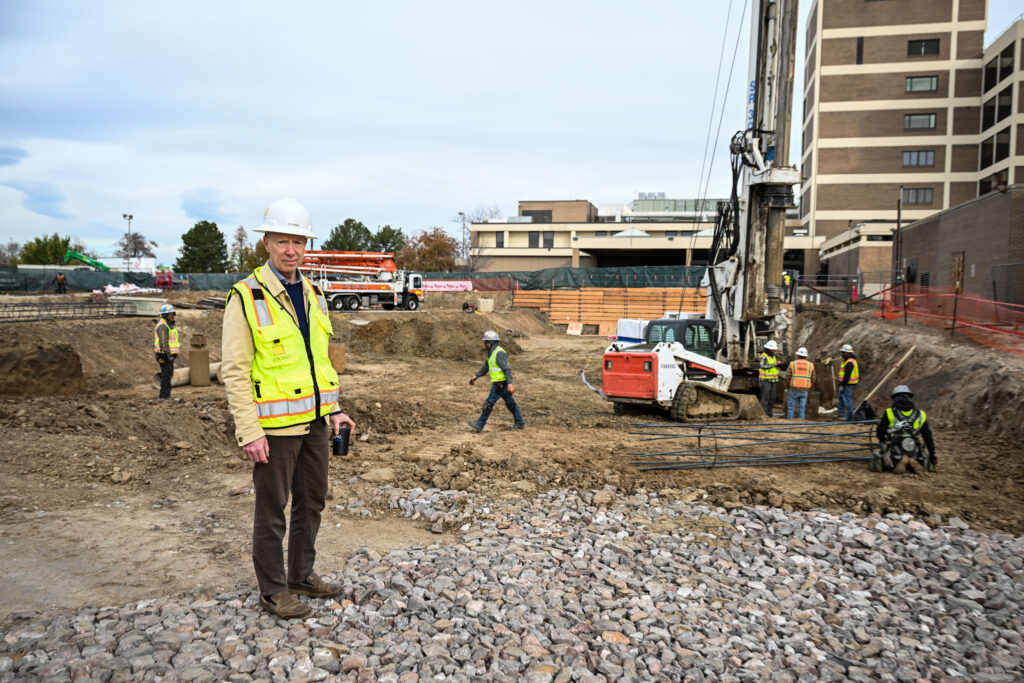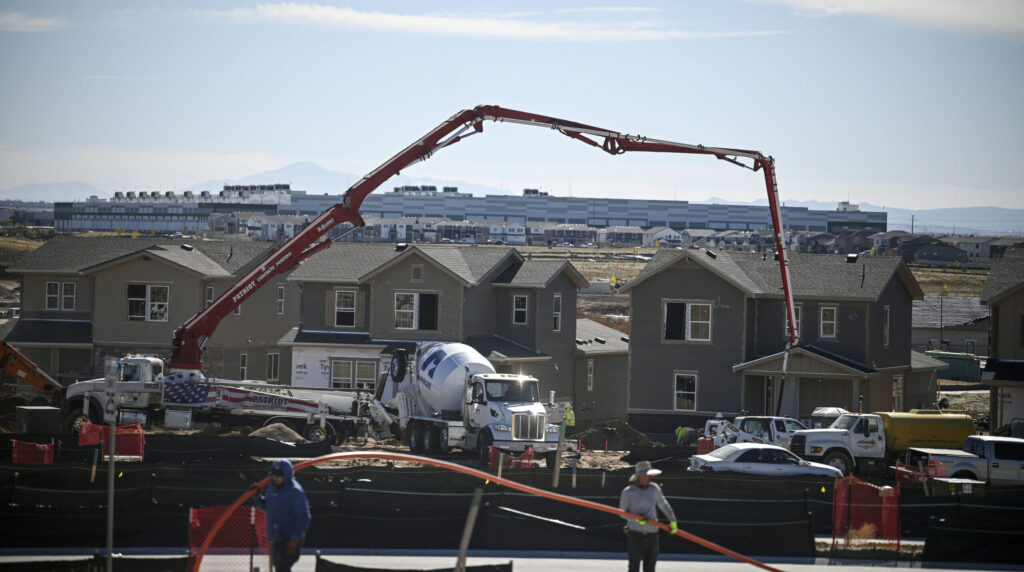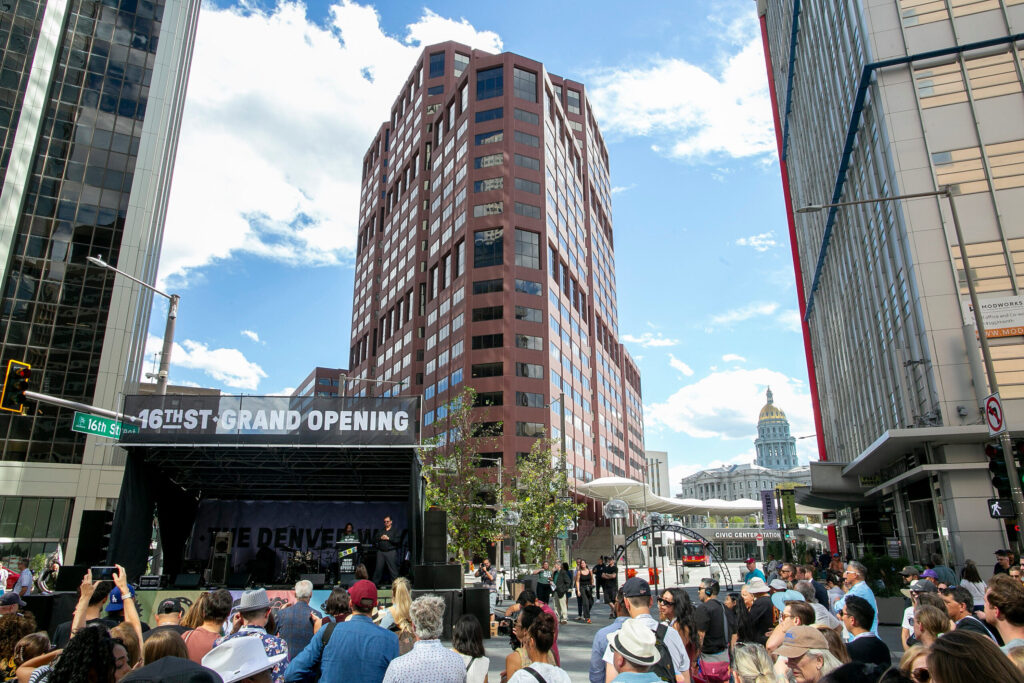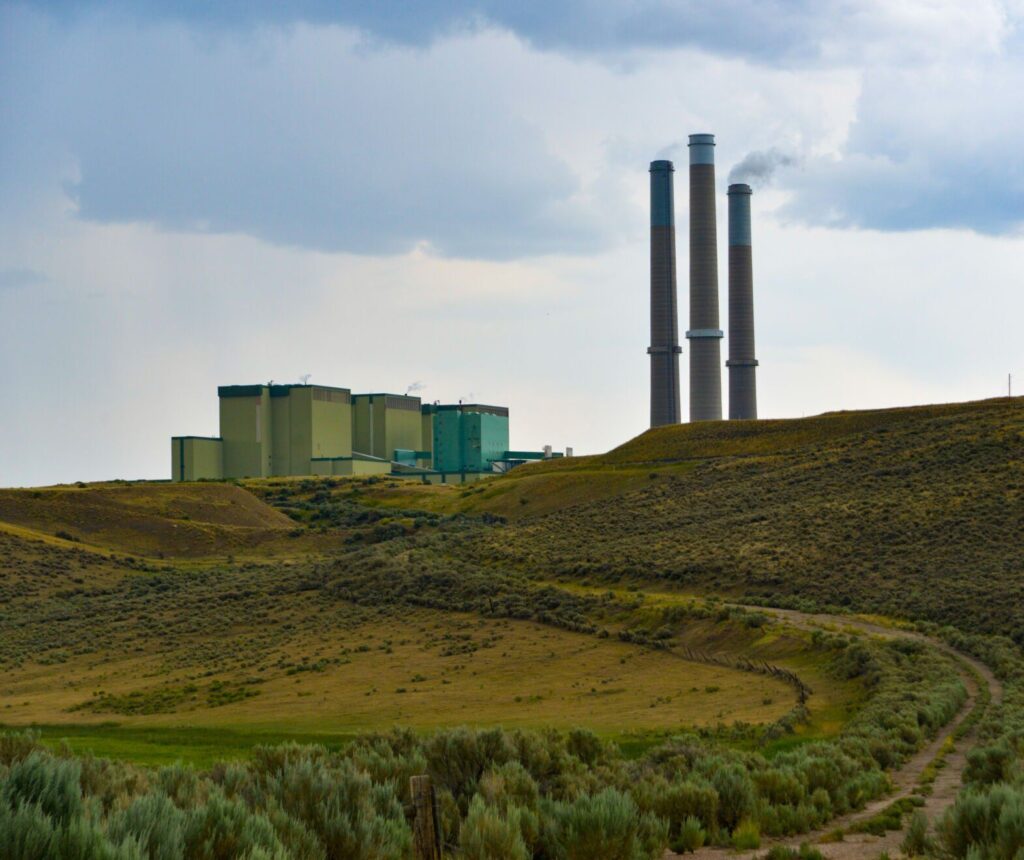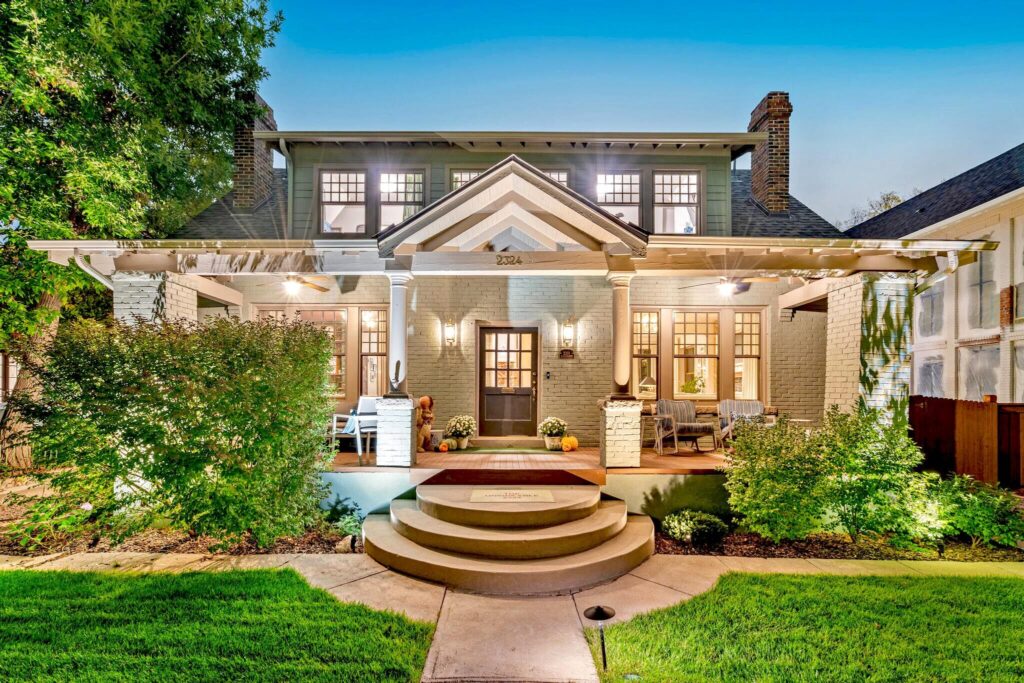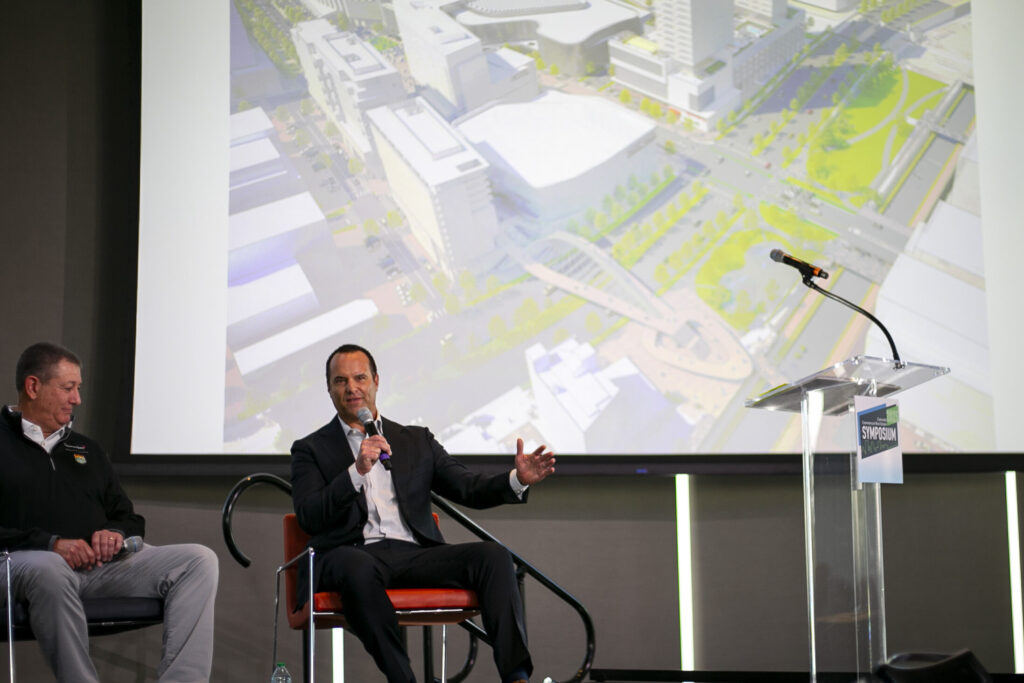Denver considers 5x harsher fines against landlords not up to code

If a residential unit in Denver doesn’t have a smoke alarm installed, Denver can currently fine the landlord up to $999 after a warning and several citations.
But soon, penalties could stack up to $5,000 per day.
The Department of Excise and Licenses is pushing to revise Denver’s code to create a new maximum penalty against landlords who are not in compliance by five times the current amount.
The bill went before City Council members on the Finance and Business committee on Tuesday.
Those in favor of the bill said raising the fees will incentivize landlords to have their residential units up to city code, while others worry how the increased punishments could have a outweighed impact on smaller property owners over corporate landlords.
The committee unanimously passed the bill. Next, it’s set to go before City Council in November for final approval.
Pushing for consistency and compliance
There’s a few reasons why Denver’s licensing department is pushing to raise the fees.
One of them is to match penalties that another city agency can place on landlords.
Currently, the Department of Public Health & Environment can fine landlords up to $5,000 for violations such as pest infestations, mold and lack of heating and other utilities.
The licensing department is responsible for making sure landlords have a license to be in business in the city and enforces the installment of smoke alarms, CO2 monitors, fire extinguishers and working appliances. It also makes sure landlords are providing tenants with written notice of their rights and resources.
The licensing and health department can both enforce violations regarding home appliances, depending on the issue. Raising the fee could make enforcement more consistent across the board, said Erica Rogers, deputy executive director of the licensing department.
Another reason is that a higher fee will incentivize landlords to fix their problems faster, she added.
Denver has sent out more than 3,250 warning letters and fines for unlicensed landlords, according to the licensing department, most of which got the proper license they needed after their first few warnings.
Of those, the city has only handed out 24 maximum fees of $999 to landlords for being unlicensed.
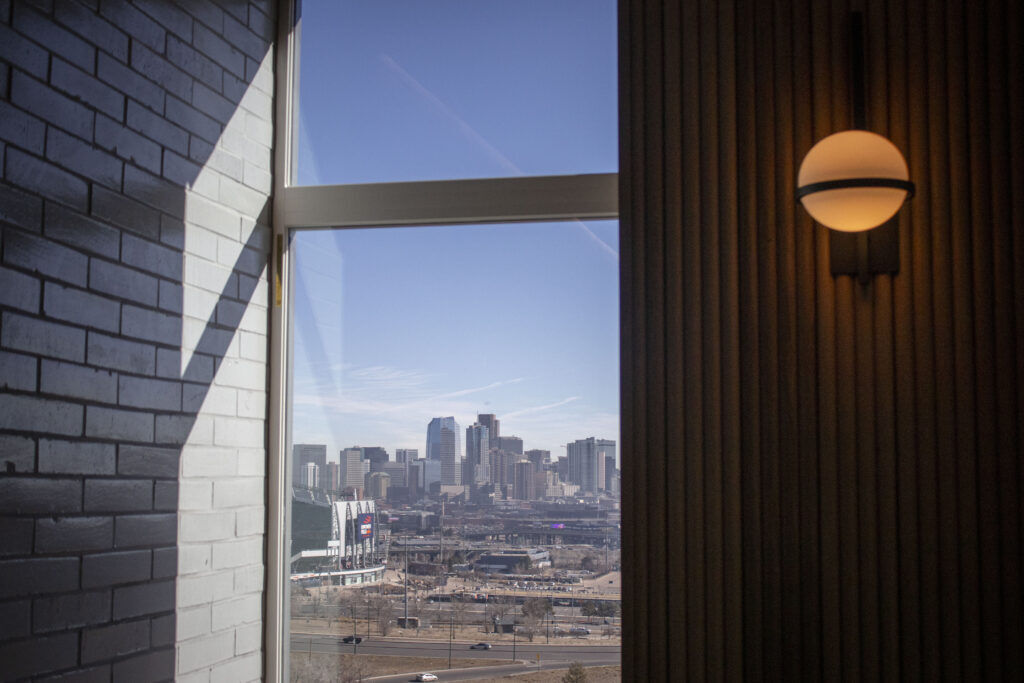
Phase 2 of landlord enforcements
This change comes as the Denver agency has laid the groundwork for landlord licenses, a newer system it’s still trying to get everyone to comply with.
The rule requires landlords to get a license to operate by passing a third-party inspection and paying a processing fee. The aim is to to ensure apartments and rental homes met safety standards and to better track the number of landlords and rentals in the city.
In 2023, Denver began implementing its new law. By 2024, all landlords had to have one.
It was a major expansion of the city’s licensing department, which also covers liquor and marijuana licenses.
There are nearly 28,000 landlords licensed with the city totaling about 203,000 units as of Oct. 20, according to the department.
As the city continues to make sure landlords have a license, the agency is pivoting to make sure residential buildings are up to standard.
“Now that we’ve made significant progress on bringing unlicensed residential rentals into compliance with the licensure requirement, we can start to turn our attention a little bit more to the tenant protection provisions of the residential rental code,” said Abbey Soisson, senior policy analyst at the city’s licensing department during the committee meeting.
The agency doesn’t want to use the $5,000 fine, Soisson said, but wants to see better compliance.
“We hope that the potential for a $5,000 fine is enough to get operators to fix these issues right away,” she added.
Housing advocates support idea but concerns rise from real estate groups
Several housing and community advocates spoke in favor of the measure.
Jordan Cotleur, a housing attorney with the Colorado Poverty Law Project, said the current fees aren’t enough to push landlords to meet their requirements and raising it could help the city save money during a tight budget season from having to enforce compliance.
“The owner of a building with hundreds of rental units has very little incentive to comply with the rental licensing requirements,” Cotleur said. “Because the maximum fine is such a negligible amount of the overall revenue, the fine schedule should be increased.”
During public comment, a Denver resident who said he was a residential property owner said he was in support of the change but asked councilmembers to consider adjusting the code so the $5,000 penalty would apply only to larger owners instead of smaller landlords who manage less than five or 10 units.
The local realtors and apartment associations weighed in as well, asking city officials to reconsider.
“The proposed ordinance appears to be well intentioned, but the potential impacts on small landlords could be serious,” said Amy Cesario, the government affairs committee chair for the Denver Metro Association of Realtors.
She said there are many landlords who are not corporate investors and rely on properties for income and the $5,000 fee would be too high for them.
“A $5,000 per day fine is not something most of these owners can absorb,” Cesario said.
Denver rents have been dropping due to a large surge of inventory hitting the market in the past few years, according to the Apartment Association of Metro Denver.
The average rent was at $1,811 in the third quarter of 2025, the association said in its recent report, down 5% from the year before.
The Apartment Association of Metro Denver has been cautioning the recent drop in rent prices will be temporary as the pipeline for new housing has slowed considerably. Experts in the association have said the slowdown has been partly due to the region’s policies that have made it more difficult for investors to finance their projects such as requiring a percentage of affordable units in each development.
The change in fees won’t help attract more housing developers to Denver, said Andrew Hamrick, senior vice president of government affairs at the apartment association.
“This policy of a five fold increases in fines is problematic because it discourages institutional and small investor investment in rental housing,” Hamrick said.
He added the problem with the fee change isn’t only that it would grow by five times, but that it would be accrued on a daily basis.
“There has to be proportionality in the fine to the offense. In other words, the punishment needs to fit the crime,” Hamrick said.






